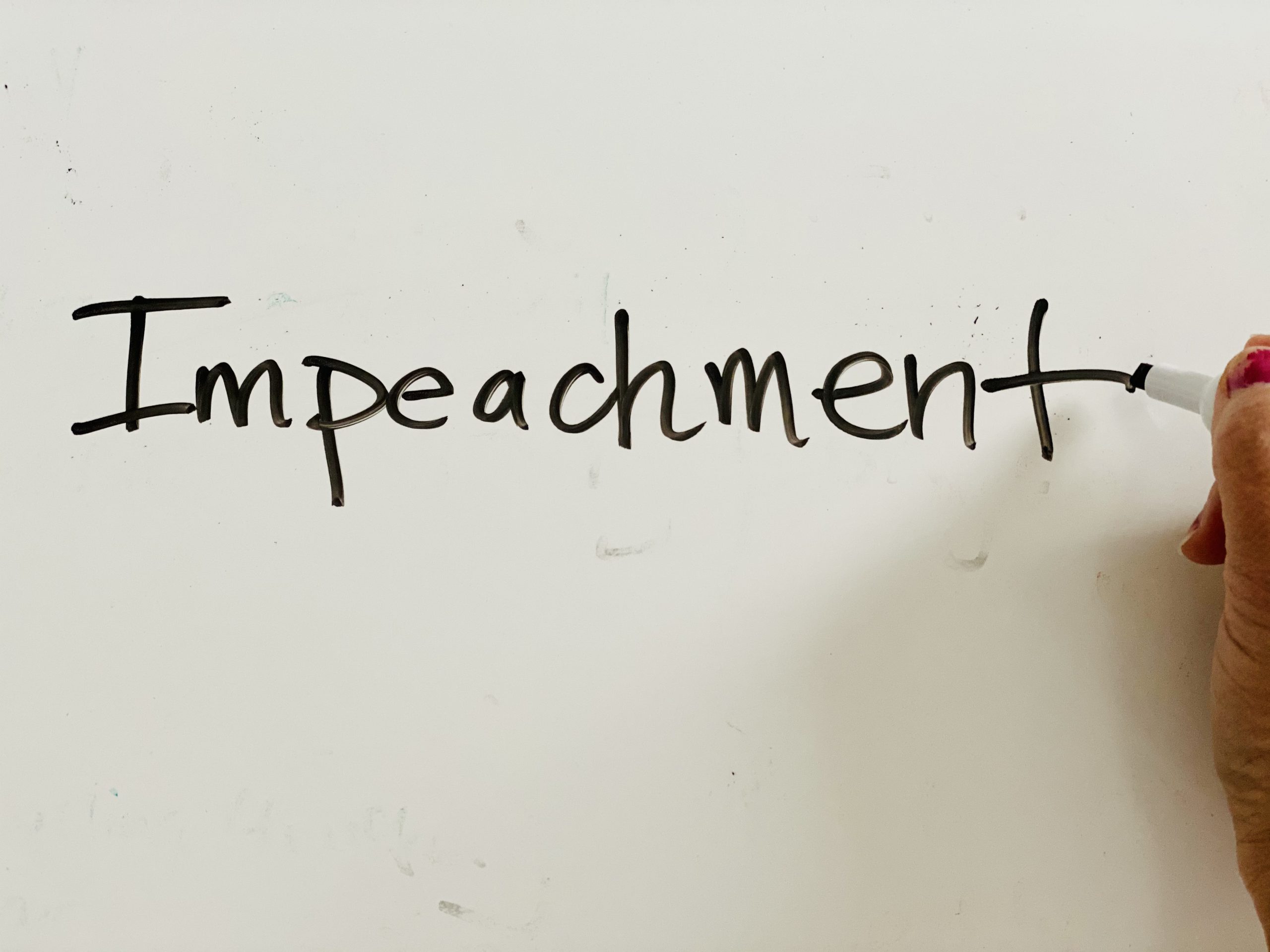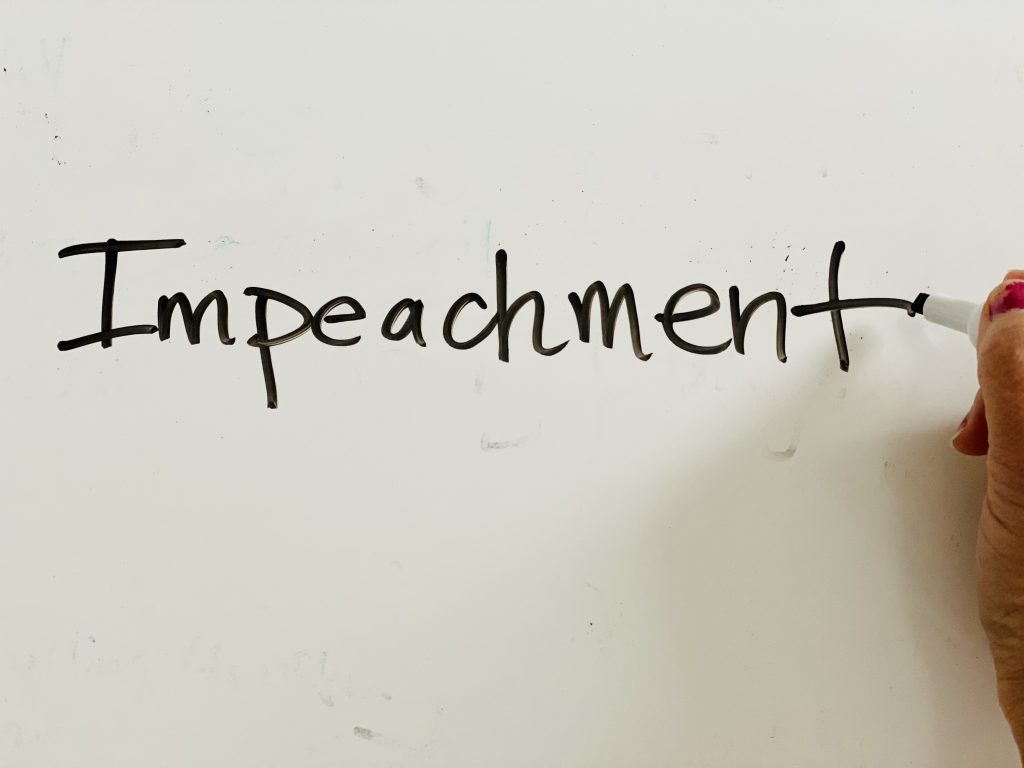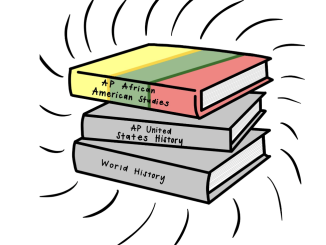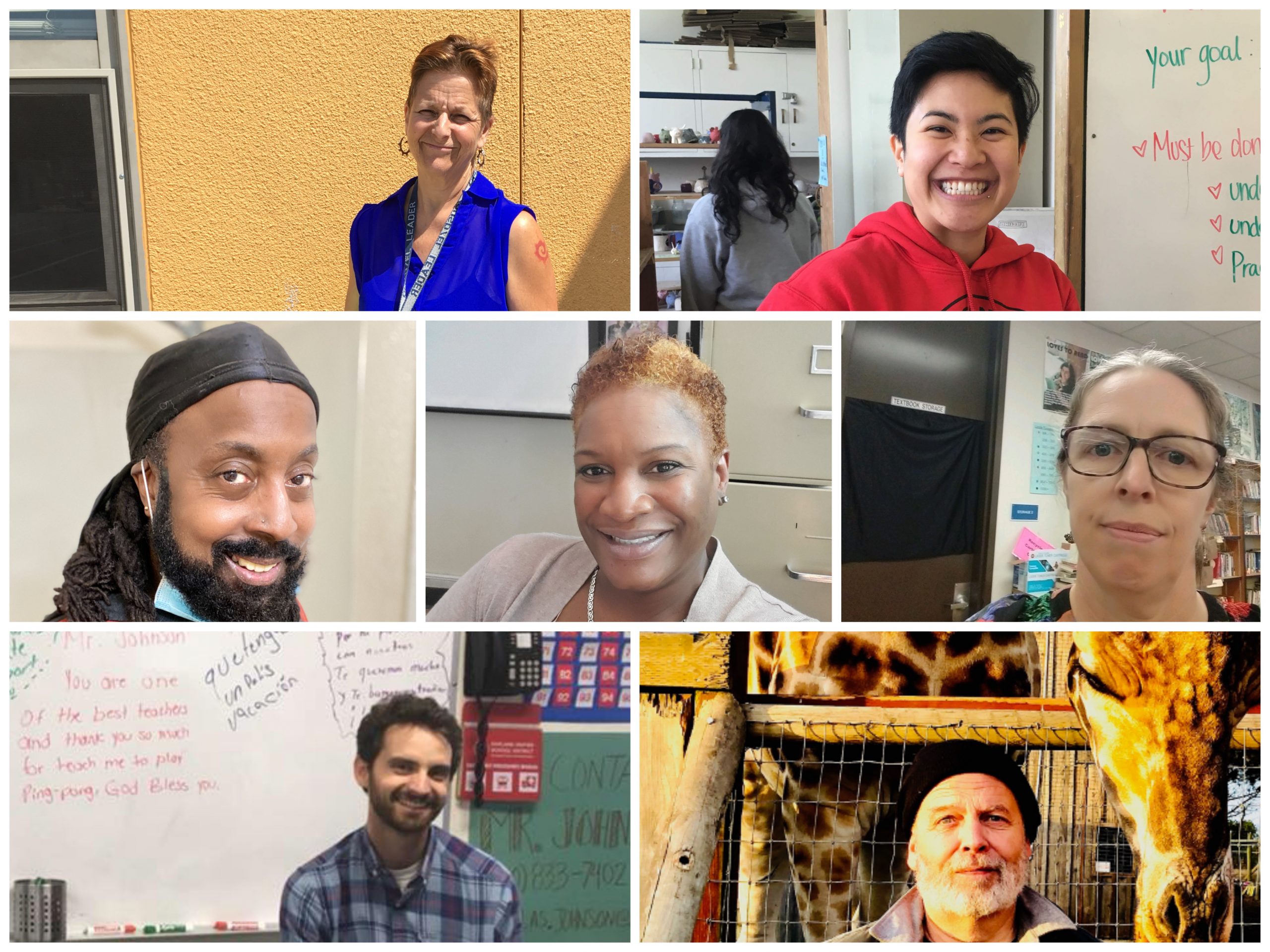

Teaching itself is a political act; what the teacher presents, even when in accordance with state, district, grade, and content standards, already carries context, even if the teacher does not espouse a particular viewpoint. I have taught through many political and social conflicts and struggles, from the impeachment of Bill Clinton, the events of September 11th, the murders of people of color by police, and the Occupy Movement, to weather events turned political issues, such as Hurricane Katrina in Louisiana and Hurricane Maria in Puerto Rico, and the more recent wildfires throughout California.
I always try to walk a fine line between teaching and taking care not to indoctrinate. Students have many times espoused opinions counter to mine; but regardless of whether or not I agree with them, I just ask them to be sure to support their viewpoints with ideas, details, references to specific people, events, or other factors.
When Trump was running for president in 2016, I was teaching Visual Arts at Castlemont High School. Students asked who I was voting for. I felt conflicted; I had always tried to keep my personal viewpoint out of the classroom. I responded that if they considered what I had taught and how I presented it, and even how I negotiated conflict, and what I had shared about myself, they could probably figure it out. They guessed correctly.
As I watched the attack on the Capitol unfolding on television after my morning adult ESL (English as a Second Language) class in the Oakland Adult & Career Education program, I was already wondering how and what I should present to my beginning language learners. They are all immigrants from China, Yemen, Thailand, Mexico, the Philippines, Brazil and elsewhere, a group of about 11 students ranging in age from mid-20’s to 60’s. Some have lived here for years, others newly arrived within the past year. There was no question I would address it. I considered how to make this event “understandable,” in that most of us are incredulous, but making at the least the indisputable facts comprehensible to students with very limited English language skills, and, on Zoom, no less, already complicating even the most bland and neutral of topics.
We usually start off with a discussion topic most days. On most days, topics are usually light-hearted and easy, such as “What did you have for dinner?” But this time, I asked, and also wrote on the white board that exists within Zoom, “What happened yesterday?” And I wrote down their answers, which were mostly along the lines of “A lot of people were mad,” and “Those people don’t like Biden.”
I asked why “people were mad” and “didn’t like Biden,” but the students really had no answers. I said the people at the Capitol didn’t believe the results of the election. I tried to choose words carefully, though it was tempting to describe them as a “mob,” or in some other way, but I just limited my description to “people at the Capitol,” though my non-classroom characterization would be different. Most students indicated surprise and asked me what would happen next. I said Biden and Harris would be inaugurated on the 20th, but I did not know any more than that.
My own feelings were a complicated concoction of my own, non-school related anxiety, fear, doubt, and uncertainty, coupled with a sense of instructional purpose, tempered with concern about maintaining an appearance of objectivity and detachment I was far from feeling. The students did not ask any questions, but did listen attentively. I did not get a clear sense of what they were feeling, and with so many cameras turned off, I cannot read even their expressions or body language, but there was also a solemn sense of attention, in a class where we often laugh a lot and chat freely.
Although beginning ESL vocabulary is often focused on descriptive words, such as adjectives, or pronouns or verbs, I said I would present some words they might hear if they heard people discussing the events in English. So, for the first time in my years of teaching, I taught “sedition,” “insurrection,” “coup d’état,” and “treason,” as well as political ideas that would not usually make it into a language class, such as “25th Amendment,” and “impeachment.” I looked up each term to present it in the most objective way possible; to get a reasonably bias-free way to simply teach the definitions, without bringing too much political baggage, but these words and ideas are already very fraught with intense subtext, even if just the most basic dictionary or encyclopedia description.
We have not yet revisited the topic since our Thursday morning class, but I reluctantly acknowledge that further actions are planned in all 50 states, on Inauguration Day, and perhaps before or after, and it will be part of my responsibility, in teaching them the main language of the United States, to be sure to also help them understand current events, the beautiful, but also the violent, the hate-filled, the ugly.
But, in a spirit of hope, I will make a point to balance any future dark moments, to teach the ways in which we can work together, and how becoming more fluent in English can help them with that.
Debora Gordon is a writer, artist, educator and non-violence activist. She has been living in Oakland since 1991, moving here to become a teacher in the Oakland Unified School District. In all of these roles, Debora is interested in developing a life of the mind. “As a mere human living in these simultaneously thrilling and troubled times,” Debora says, “I try to tread lightly, live thoughtfully, teach peace, and not take myself too seriously.”




Thanks Debora for bringing politics into the classroom.
Politics are important; one of the most effective ways of bringing change to our society.
This article moved me to tears. I will try to teach with a spirit of hope. Thanks for sharing your experience.
Thank you for your comments. Some teachers are reluctant to talk about politics to their students. Thank you for sharing how you educated your students about this topic without indoctrinating them.